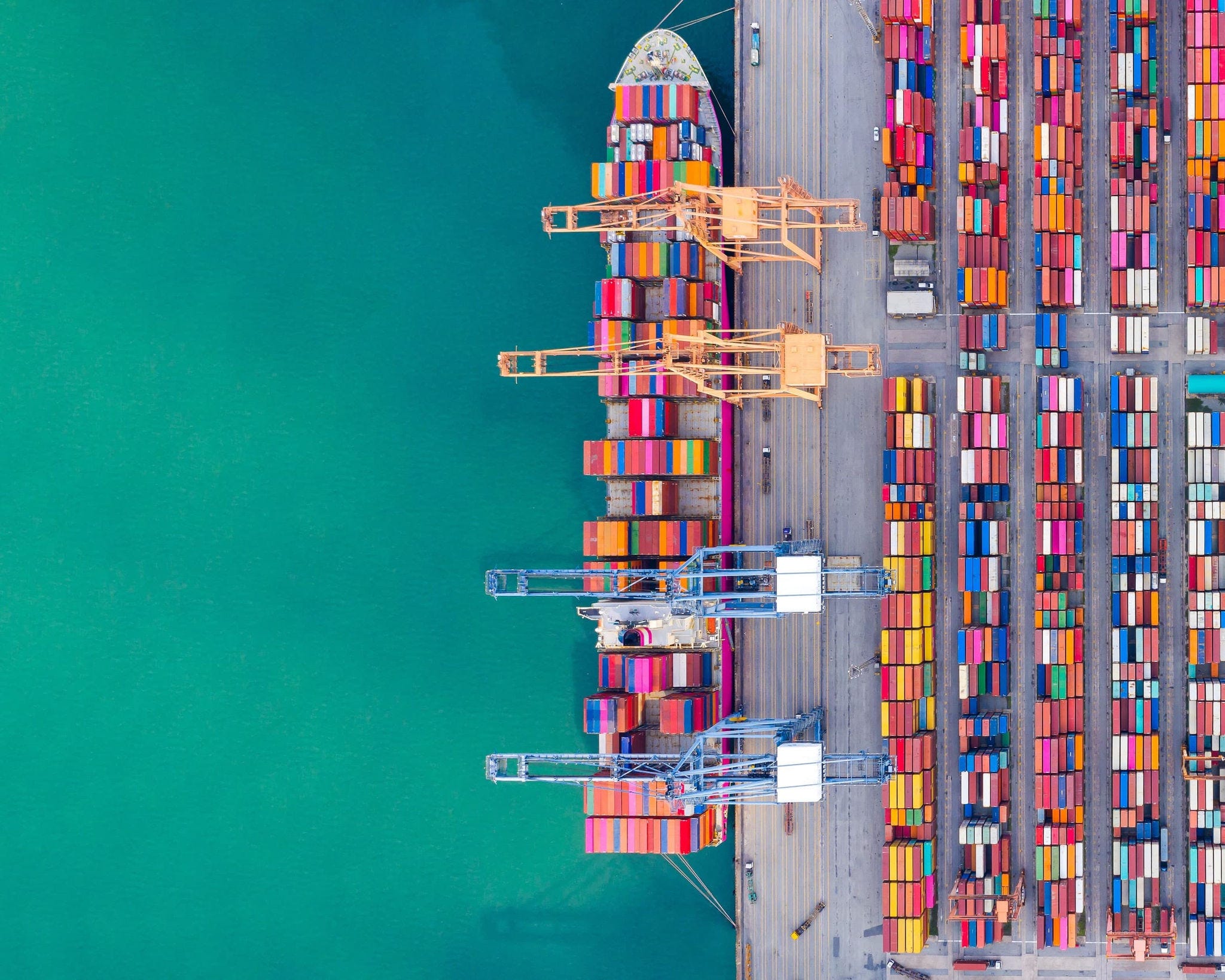The OECD (Organisation for Economic Co-operation and Development) is a forum and knowledge hub for data, analysis and best practices in public policy. We work with over 100 countries across the world to build stronger, fairer and cleaner societies - helping to shape better policies for better lives.
OECD
Top stories
Mauritius also became the first sub-Saharan African country to adhere to the OECD Declaration on International Investment and Multinational Enterprises, building on a decade of co-operation with the OECD.

About the OECD
Data insights
Explore the latest data on education from the OECD
OECD headline inflation falls to 5.4% in July 2024, despite rising in about half of OECD countries
Inflation increased in 17 of 38 OECD countries, declined in 11, and was stable or broadly stable in 10. It declined by nearly 10 percentage points in Türkiye, although it remained above 60%. Excluding Türkiye, OECD inflation is estimated to have been broadly stable in July. Headline inflation stood below or at 2% in nine countries in July, but exceeded 5% in four others.
Year-on-year OECD energy inflation rose to 3.3% in July from 2.3% in June, reaching its highest level since February 2023. It rose in 22 OECD countries but declined in 13. By contrast, OECD core inflation (inflation less food and energy) declined in July. OECD food inflation also declined, with no clear pattern across countries.
In the G7, year-on-year headline inflation was stable at 2.7% in July, with largest rises in Italy, which continued to record the lowest inflation in the group, and in the United Kingdom. Headline inflation in the United States fell below 3.0% for the first time since March 2021. Core inflation was the main contributor to headline inflation in all G7 countries except for Japan where the combined contribution of food and energy inflation exceeded that of core inflation.
Publications
-
 5 September 2024
5 September 2024 -
 5 September 2024
5 September 2024
Featured topics
-
Artificial intelligence (AI) is a transformative technology capable of tasks that typically require human-like intelligence, such as understanding language, recognising patterns, and making decisions. AI holds the potential to address complex challenges from enhancing education and improving health care, to driving scientific innovation and climate action. But AI systems also pose risks to privacy, safety, security, and human autonomy. Effective governance is essential to ensure AI development and deployment are safe, secure and trustworthy, with policies and regulation that foster innovation and competition.Learn more
-
Analysis and insights for driving a rapid transition to net-zero while building resilience to physical climate impacts.Learn more
-
The OECD designs international standards and guidelines for development co-operation, based on best practices, and monitors their implementation by its members. It works closely with member and partner countries, and other stakeholders (such as the United Nations and other multilateral entities) to help them implement their development commitments. It also invites developing country governments to take an active part in policy dialogue.Learn more
-
Despite progress in recent years, more work needs to be done across all OECD countries to secure gender equality, with women and girls still facing inappropriate disadvantages and barriers in most spheres of social and economic life. Gender equality must remain a priority, as a matter of basic human rights and long-term economic wellbeing and prosperity. It drives economic growth, strengthens democracy, enhances social cohesion and increases the well-being of all members of society.Learn more
-
About 70% of international trade involves global value chains (GVCs), as services, raw materials, parts, and components cross borders – often numerous times. A strong trend has emerged towards the international dispersion of value chain activities such as design, production, marketing, distribution, etc. This emergence of GVCs and increased interest in their sustainability and resilience requires analysing supply chains as a whole and developing policies around them.Learn more
-
In today’s globalised world, it is crucial that tax administrations work together to ensure the right amount of tax is paid to the right jurisdiction. The OECD is at the forefront of international efforts to use enhanced transparency and exchange of information to put an end to bank secrecy and fight tax evasion and avoidance.Learn more
Latest insights
-
 Statistical release22 August 2024
Statistical release22 August 2024 -
 oecdcogito.blog12 August 2024
oecdcogito.blog12 August 2024 -
 oecdcogito.blog9 August 2024
oecdcogito.blog9 August 2024
Events
-
 Webinar23-29 September 2024
Webinar23-29 September 2024












